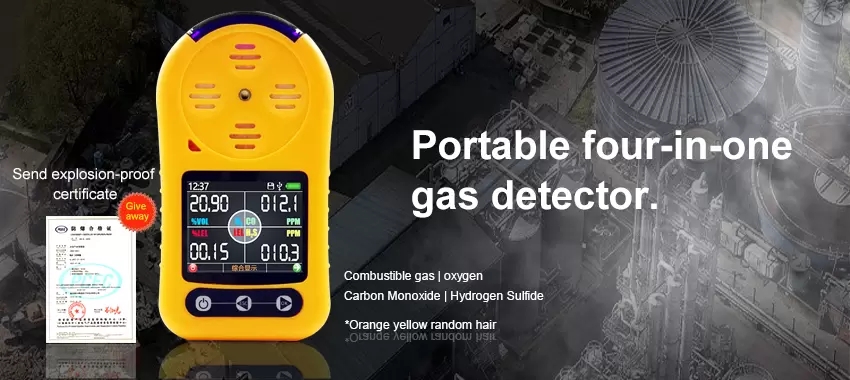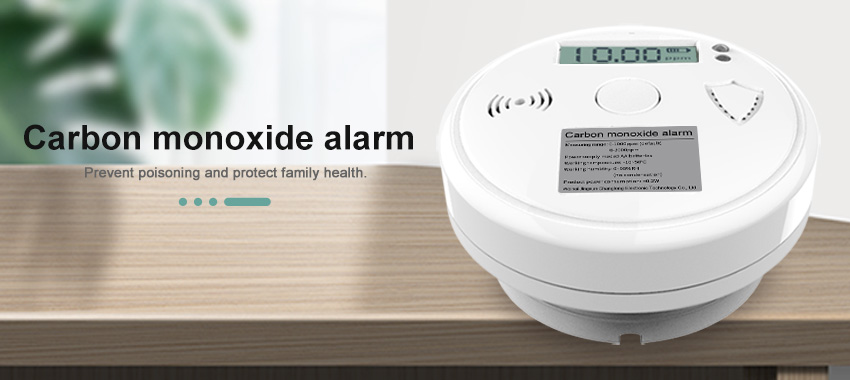Most smoke and carbon monoxide detectors look so similar that you might think they’re all the same. As long as they’ve been certified by a testing organization such as UL or Intertek Electrical Testing Labs , they should work just fine, right? Not exactly.

“We need to test detectors because some fail at CO detection, and there are differences in how quickly different models respond to CO,” says Bernie Deitrick, Consumer Reports’ test engineer for smoke and carbon monoxide detectors. “I have never tested a model that failed our fire and smoke tests, and it is reassuring to know that such critical devices actually work.”
A carbon monoxide detector’s ability to sense carbon monoxide can mean the difference between life and death.

Carbon monoxide alarm

In the lab, we exposed the probe to burning flames and smoldering smoke. See how well they detect smoke and flame. We set carbon monoxide alarms at 100ppm and 400ppm accuracy. In this way, it is convenient for us to observe the accuracy and speed of carbon monoxide detection. We also check the accuracy of carbon monoxide detectors. Carbon monoxide levels are displayed on-screen or read aloud through voice messages.
Selective detector
To determine the type you need, remove the detectors in your home from their mounts. If there are wires connected to them that run into the wall or ceiling, you need hardwired detectors. If there are no wires, you need battery-powered detectors.
The best carbon monoxide detector in the test, according to the output mode and application scenarios do not choose. You’ll find self-contained smoke detectors, self-contained CO detectors, combination smoke detectors, and indoor smoke detectors that send alerts to your smartphone. Each type of detector has hard-wired and battery-operated pickups.
To help you pick the right detector, check out our carbon monoxide detector buying guide.